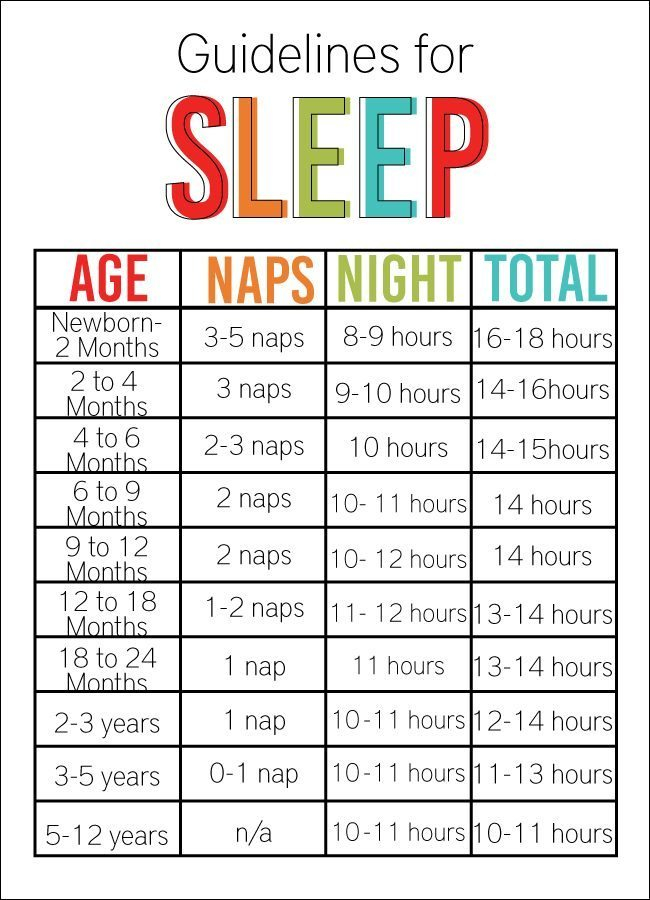How Old Is Preschool? A Comprehensive Guide for Parents
The preschool years are a crucial stage in a child’s development, laying the foundation for their future academic, social, and emotional well-being. Understanding the appropriate age range for preschool and the variations across different countries and educational systems is essential for parents navigating this important decision.
Preschool age typically encompasses the period from two to five years old. However, this range can vary depending on the country and educational system. For instance, in the United States, preschool programs typically cater to children aged three to five, while in the United Kingdom, children may start preschool as early as two years old.
How Old Is Preschool

Preschool is the first stage of formal education for many children. It provides a structured environment where children can learn and grow in a variety of areas. But how old should a child be to start preschool?
There is no one-size-fits-all answer to this question. The best age to start preschool will vary depending on the individual child’s needs and readiness.
Age Range for Preschool
In the UK, preschool typically starts at age 3 and continues until the child is ready to start primary school, which is usually at age 5. However, some preschools offer programs for children as young as 2 years old.
Factors to Consider
- The child’s maturity and social skills
- The child’s language skills
- The child’s ability to follow instructions
- The child’s independence
- The family’s needs and schedule
Benefits of Preschool
There are many benefits to attending preschool. Preschool can help children develop their:
- Social skills
- Language skills
- Cognitive skills
- Motor skills
- Independence
FAQ Summary
What are the developmental milestones and characteristics associated with preschool age?
Preschool-aged children typically experience significant developmental milestones in various areas. These include cognitive development, such as increased problem-solving abilities and curiosity; social development, including enhanced communication skills and peer interactions; and emotional development, characterized by growing self-awareness and empathy.
What are the benefits of preschool education?
Research has consistently shown that preschool education offers numerous benefits for children’s development. These include improved cognitive skills, enhanced literacy and numeracy abilities, and stronger social and emotional development. Preschool programs provide children with opportunities to engage in structured activities, interact with peers, and learn through play, which all contribute to their overall well-being.
What types of preschool programs are available?
There are various types of preschool programs available, each with its own advantages and disadvantages. Center-based programs are typically located in schools or community centers and offer structured learning environments with qualified teachers. Home-based programs, on the other hand, are conducted in a family’s home and provide a more individualized approach. Montessori programs emphasize hands-on learning and self-directed activities.





